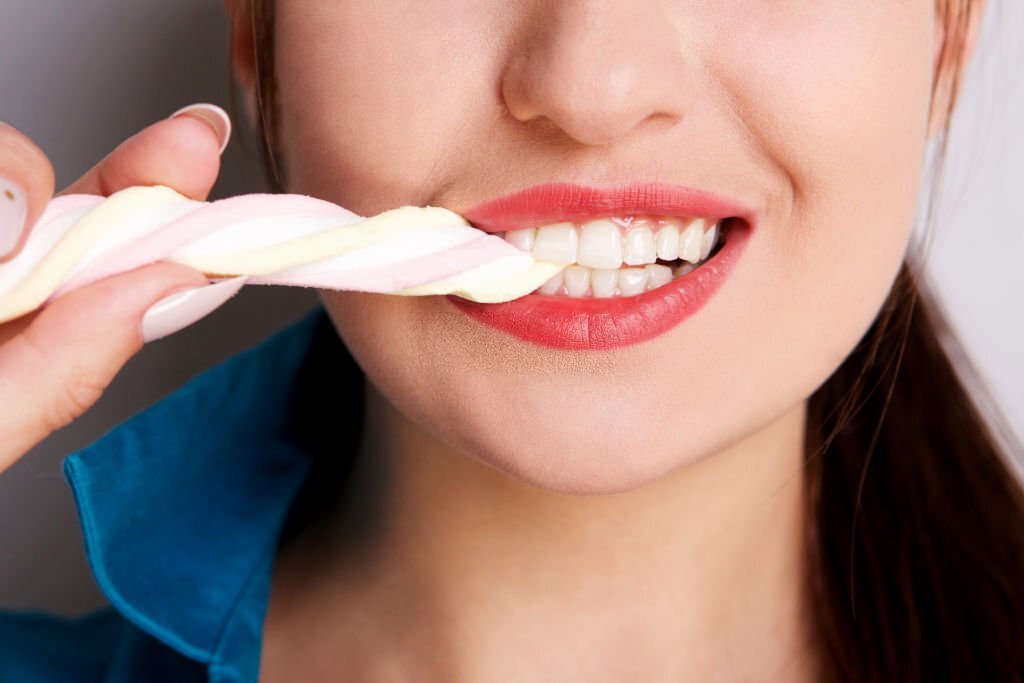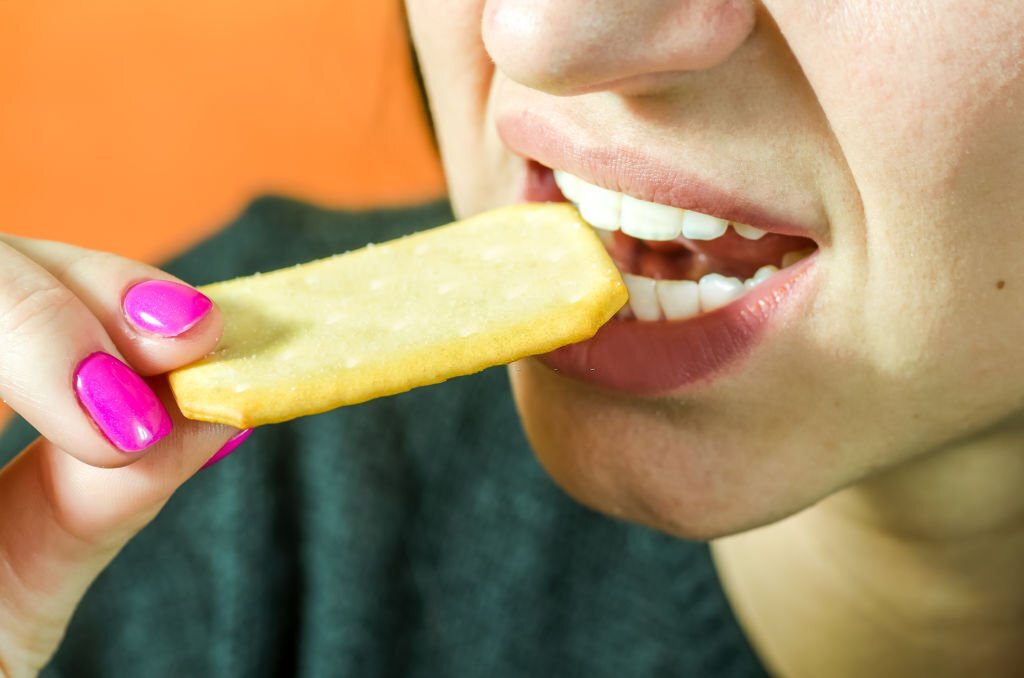Introduction:
Maintaining healthy teeth and gums is crucial for overall well-being, and a significant aspect of achieving this goal is through a balanced diet. While we are aware that sugary foods can contribute to tooth decay, another category of foods can be equally damaging to our oral health: sticky foods. Sticky foods have a high tendency to adhere to the surfaces of our teeth, providing an ideal environment for harmful bacteria to thrive and wreak havoc on our oral health. In this comprehensive blog post, we will explore the dangers of sticky foods to our teeth, understand the mechanisms behind their harmful effects, examine common sources of sticky foods, and discuss practical tips to minimize their impact on our dental health for a brighter and healthier smile.
Understanding Sticky Foods and Their Impact on Dental Health:
Sticky foods, as the name suggests, have a high adhesive quality, which allows them to cling to our teeth for extended periods. Unlike foods that are quickly washed away by saliva and fluids in the mouth, sticky foods tend to remain on the teeth, increasing the exposure of our dental enamel to harmful acids and sugars. This prolonged contact creates an environment conducive to bacterial growth, leading to a higher risk of tooth decay and other dental issues.

The Harmful Effects of Sticky Foods on Teeth:
Tooth Decay:
The primary concern with sticky foods is their contribution to tooth decay. Bacteria in our mouths feed on the sugars present in sticky foods and produce acids as byproducts. These acids attack the tooth enamel, leading to the formation of cavities and eventual tooth decay.
Enamel Erosion:
The acids produced by bacteria can also weaken and erode the tooth enamel over time. Enamel erosion makes teeth more susceptible to damage, sensitivity, and discoloration.
Dental Plaque Formation:
Sticky foods can contribute to the formation of dental plaque, a sticky film of bacteria that adheres to the teeth. Plaque can build up over time, leading to gum inflammation (gingivitis) and potentially progressing to more severe gum disease (periodontitis).
Risk of Dental Emergencies:
Sticky foods can also increase the risk of dental emergencies, such as broken or chipped teeth. The act of chewing on sticky substances can exert excessive force on the teeth, leading to dental trauma.
Common Sources of Sticky Foods:
Candy:
Chewy candies, caramels, toffees, gummy bears, and similar treats are some of the most notorious culprits when it comes to sticky foods that can harm teeth.
Dried Fruits:
While dried fruits may seem like a healthy alternative to fresh fruits, they can be harmful to dental health due to their sticky nature and concentrated sugars.
Sticky Desserts:
Desserts like sticky toffee pudding, pecan pie, and caramel-based treats should be consumed in moderation due to their adhesive and sugary properties.
Granola Bars:
Many granola bars contain sticky ingredients like honey or caramel, which can adhere to the teeth and contribute to tooth decay.
Raisins:
Raisins, while nutritious, are also sticky and can cling to the teeth, increasing the risk of dental issues.

Practical Tips to Minimize the Impact of Sticky Foods on Dental Health:
Moderation:
While it’s essential to enjoy treats in moderation, it’s especially crucial for sticky foods. Limiting your intake of sticky treats can significantly reduce their impact on your dental health.
Rinse Your Mouth:
After consuming sticky foods, rinse your mouth with water to help wash away some of the residue and reduce the exposure of your teeth to acids and sugars.
Brush and Floss Regularly:
Maintaining a consistent oral hygiene routine is essential to remove plaque and food particles from your teeth and gumline.
Choose Fresh Fruits:
Opt for fresh fruits instead of dried fruits, as they are less sticky and contain more water content, which can help dilute sugars and stimulate saliva flow.
Sugar-Free Gum:
Chewing sugar-free gum after meals can help stimulate saliva production, which aids in neutralizing acids and flushing away food particles.
Dental Check-ups:
Regular dental check-ups and cleanings are essential for early detection and prevention of dental issues caused by sticky foods.
Conclusion:
Understanding the impact of sticky foods on our dental health is crucial for maintaining healthy teeth and gums. Sticky foods have a high propensity to adhere to our teeth, providing a breeding ground for harmful bacteria and contributing to tooth decay, enamel erosion, and dental plaque formation. By being mindful of the sticky foods we consume, practicing moderation, maintaining good oral hygiene, and seeking regular dental care, we can safeguard our dental health and enjoy a brighter and healthier smile for years to come. Remember, the choices we make regarding our diet and oral care significantly impact our overall well-being, and prioritizing our dental health is an investment in our long-term health and happiness.


